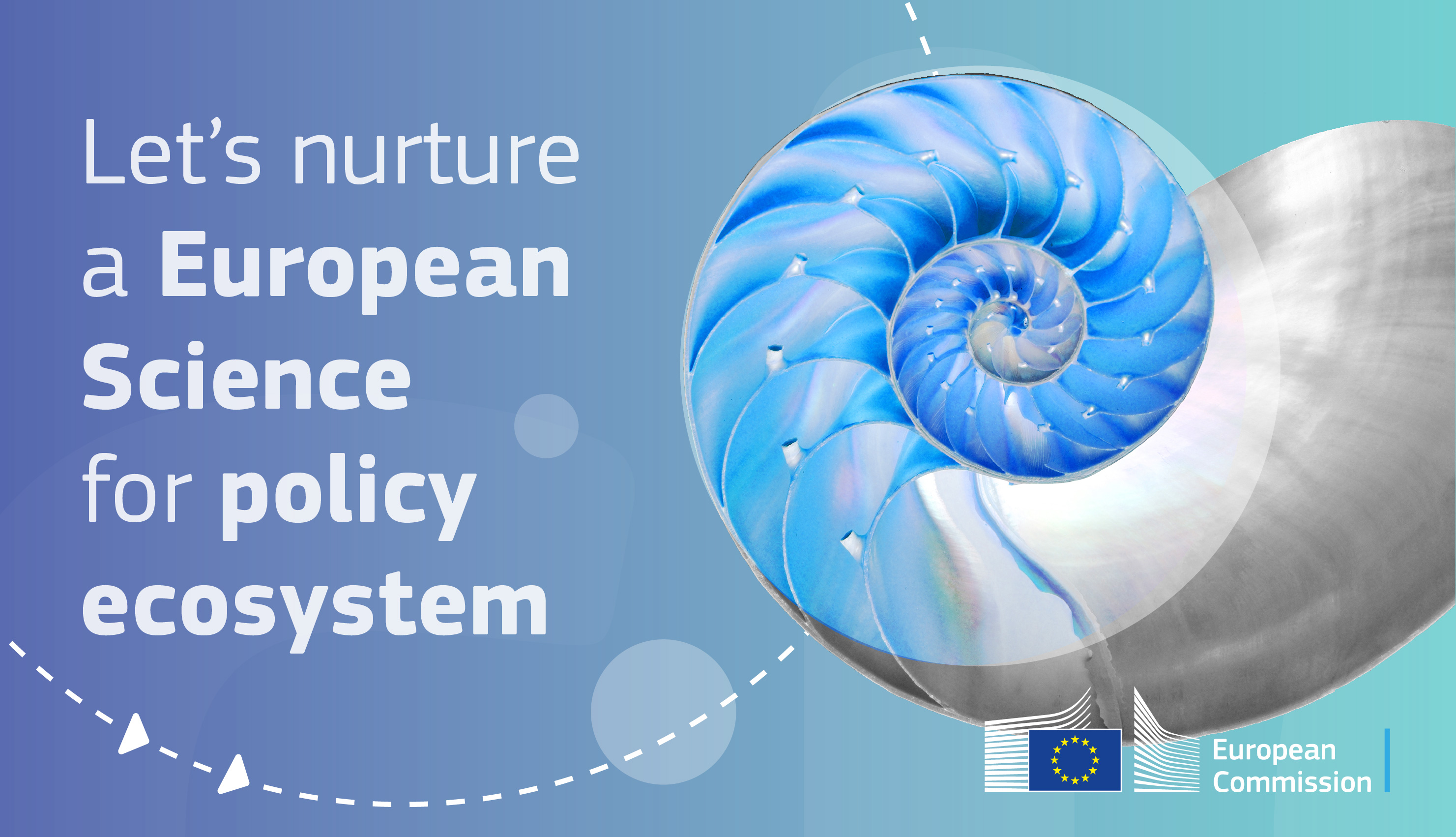COVID-19 was a wake-up call. Scientists and science advisors were catapulted into the spotlight, finding themselves standing next to Prime Ministers, Presidents, and Chancellors across the world to shed light on the ongoing crises and the countermeasures. Huge R&I funding programmes were launched within months while numerous ad-hoc advisory bodies populated with scientists of many disciplines were established.
Interests of scientists, advisors, and governments were converging during the crisis, around the notion that evidence, in particular based on scientific research, can substantially improve the policy response to complex policy challenges. Yet, this convergence cannot be taken for granted: science and policymaking are often seen as “worlds apart”, with different cultures, time pressures, operational logic, and communication styles.
But as with any change occurring during a crisis, the question is: what happens after the crisis? Will these changes persist afterwards?
Two landmark agreements between EU-27 Ministers in support of science for policy
Over the past three months, two landmark agreements have been adopted at EU level. These agreements put the convergence between the scientific and the policymaking communities on more sustainable footings – across the entire EU-27:
- The EU-27 ministers for science, in the Council of the EU “competitiveness” configuration, adopted on 8 December 2023 Council Conclusions on “Strengthening the role and impact of research and innovation in the policymaking process in the Union”, with a specific part dedicated to “Science in the public policy process to improve the lives of citizens and strengthen democracy”.
- The EU-27 ministers responsible for public administration, public transformation and the civil service, in the framework of EU Public Administration Network (EUPAN), signed on 27 February 2024 the “Ghent Declaration on the Challenges and Common Actions for European Public Administration”, the first (EUPAN declaration) of its kind, with a dedicated section on “evidence-informed policymaking”.
These two agreements set the political tone, identify important challenges, and point to concrete actions to better connect scientific and other expert communities with policymakers to develop ecosystems supporting evidence-informed policy.
- Both agreements connect science for policy and evidence-informed policymaking to wider processes of transforming government and governance, including its value for high-quality public administrations, better regulation and law-making processes, (scientific) knowledge valorisation in public authorities, and public trust in government.
- Both agreements emphasise the importance of strengthening networks and intermediary organisations that connect the two communities and provide knowledge brokerage services (e.g. knowledge transfer and knowledge translation into evidence-informed policy options).
- Both agreements point to the need for capacity building in this area and point to different avenues for this, including the development of professional competences among scientists and policymakers relevant for evidence-informed policymaking, mutual learning exercises and inter-sectoral mobility, as well as the use of relevant EU instruments such as the Technical Support Instrument.
The key points of convergence agreed to by EU-27 ministers responsible for policies affecting the scientific communities and public administrations send a strong signal of support around innovative policymaking informed by evidence and scientific knowledge. The agreements encourage both communities to work closely together to build further political momentum, institutional capacity and professional competencies in support of better, evidence-informed public policies and greater trust in government.
Commission ready to be a partner in implementing the agreements
The European Commission is an integral part of this initiative to support science for policy and evidence-informed policymaking, with many policy connections and actions mentioned in the two agreements directly linked to Commission policy initiatives and instruments, most notably:
- When it comes to policy initiatives, most notably, The Commission Staff Working Document on “Supporting and connecting policymaking in the Member States with scientific research” (SWD(2022)346 final) in 2022. This document connects support for the Member States’ science-for-policy capacity with wider political discussions about how science for policy support the resilience of democracy and trust in government, as well as a large number of policy initiatives at EU level. Initiatives include Better Regulation, Knowledge Valorisation, EU support for national public administrations, the European Research Area, and the Global Approach to Research & Innovation.
- The Commission is also actively involved in building networks and knowledge brokerage capacity. Very concretely, the Joint Research Centre, together with the OECD, is implementing a multi-country project on “Building capacity for evidence-informed policymaking in governance and public administration in a post-pandemic Europe” funded by the Commission’s Technical Support Instrument. The 30+ beneficiary organisations from the seven participating Member States (BE, CZ, EE, EL, LT, LV, NL) represent government, scientific communities, and those connecting the two communities, creating – through dialogues, co-creation exercises, and mutual learning activities – professional networks and trust across communities and countries.
- When it comes to instruments for capacity building, the Commission has, notably, developed and tested those that help build professional competences required to apply and support practices of evidence-informed policymaking. For instance, professional competence frameworks elaborate on the unique skills needed for science for policy and innovative policymaking. These frameworks are complemented by training materials and self-assessment tools.
Transforming governance in a manner that helps our societies better cope with complex policy challenges is a collective task – with the ministerial agreements and the Commission’s initiatives, important steps on the transformation journey have been taken.
| Originally Published | 07 Mar 2024 |
| Related project & activities | Introducing the multi-country Technical Support project on building capacity for evidence-informed policymakingPunchy P/A title |
| Knowledge service | Metadata | Evidence-Informed Policy Making | Science for Policy EcosystemsReforms for Science for Policy in 7 Member States |
| Digital Europa Thesaurus (DET) | Capacity buildingpolicymakingpublic administrationKnowledge4policy |
Share this page

